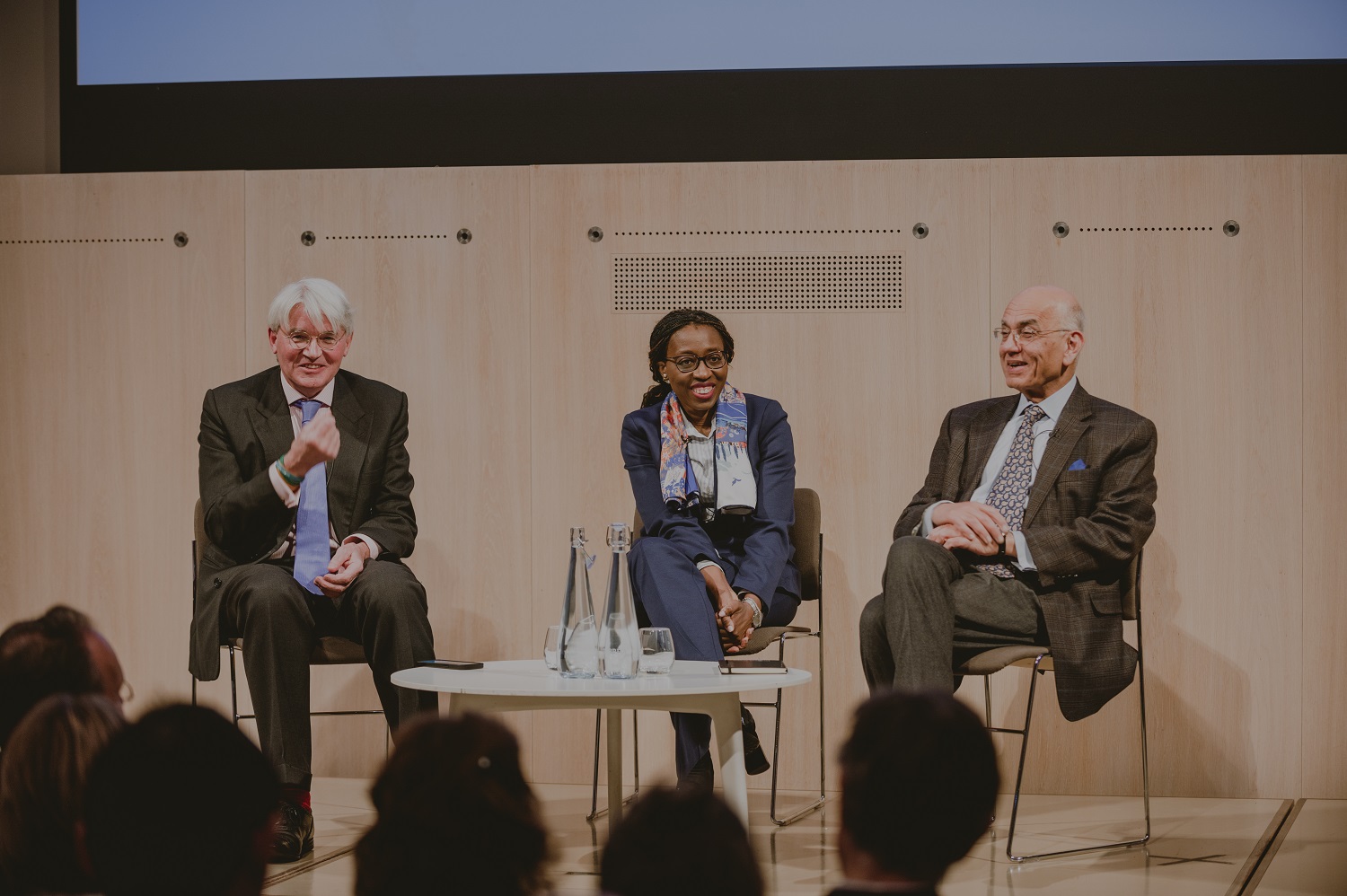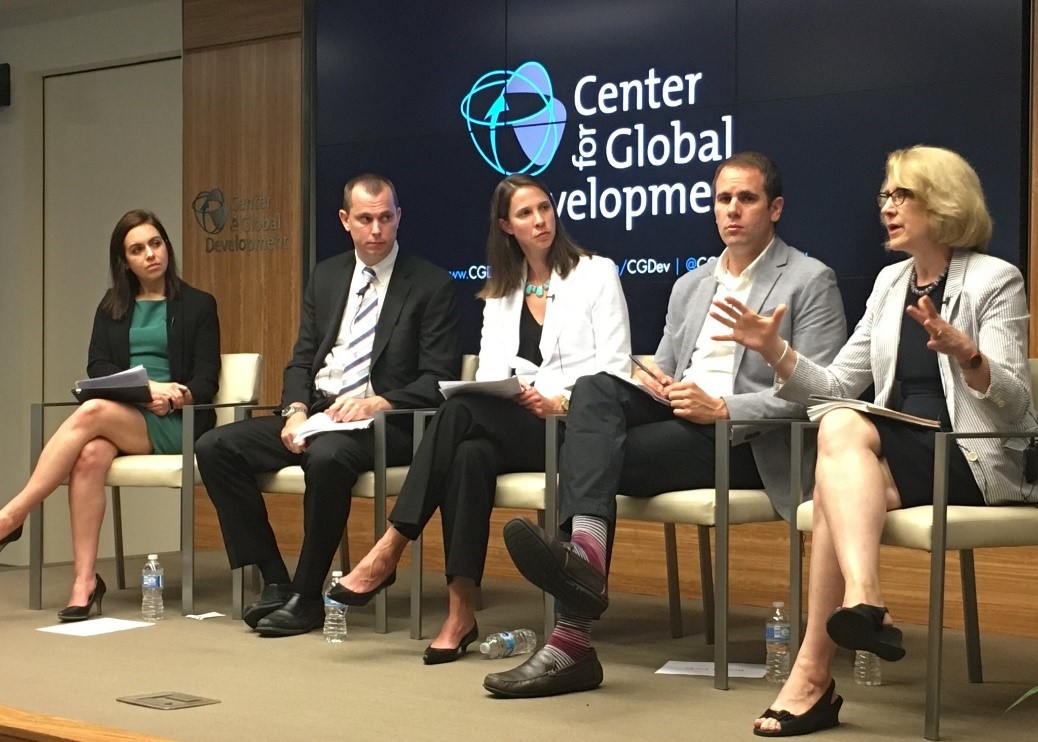There’s nothing novel these days about pointing out the ways in which the Trump administration is departing from a norm. But there’s been surprisingly little attention paid to the unusual timing and nature of White House comments about the federal budget this week. The fact is, the administration is still deep in the internal negotiation process with federal agencies over what will ultimately be the president’s budget submission to Congress sometime this spring. So when White House officials decided to talk publicly about just a few elements of that budget this week—a big boost in defense spending and big cuts for EPA, the State Department, and foreign assistance—they did so for political reasons, making a direct case to voters devoid of any clearly stated policy rationale.
This is what is so troubling about the cuts they have previewed for US non-military engagement in the world. Yes, it’s been encouraging, and even a little bit surprising, to see strong and quick statements of opposition coming from key Republicans in the Senate and House as well as the military community. But the reality remains that the White House has decided to politicize foreign assistance in a way that we have not seen for over 30 years.
You don’t have to believe that the current aid budget is just right or should be bigger to be worried about this politicization. By elevating aid in the public debate and feeding a story that it is wasteful and ineffectual, President Trump is dismantling a political agreement that has held for decades and has both enabled great successes in foreign aid (President Bush’s global health initiative, for example), and critically, has promoted an environment that supports self-criticism and reform.
This word “reform” is ever present in the development policy community, not because institutions and programs are fundamentally broken (though some may well be), but because there is a culture of effectiveness that has taken hold in recent decades. That culture depends critically on a political environment in which every honest presentation of a failure or sub-optimal outcome does not call into question the entire foreign assistance enterprise.
In this new environment, internal efforts toward greater cost effectiveness will be compromised as reformers grow suspicious of the politicians who hold the purse strings. There are sound approaches to exploring greater cost effectiveness, and potentially even significant budgetary savings, but these approaches cannot take hold in the midst of a political free for all guided by blunt budget cutting.
We will need those congressional champions of effective foreign aid and international engagement in the months ahead, both to walk back the ex ante budget slashing and to help guide the discussion back to sound reforms. But make no mistake, by putting forward the notion of an aid budget that is a third or more smaller, the president has already moved the baseline lower for any likely budget outcome this year and may very well have poisoned the well for honest reform efforts going forward.
CGD blog posts reflect the views of the authors, drawing on prior research and experience in their areas of expertise.
CGD is a nonpartisan, independent organization and does not take institutional positions.





